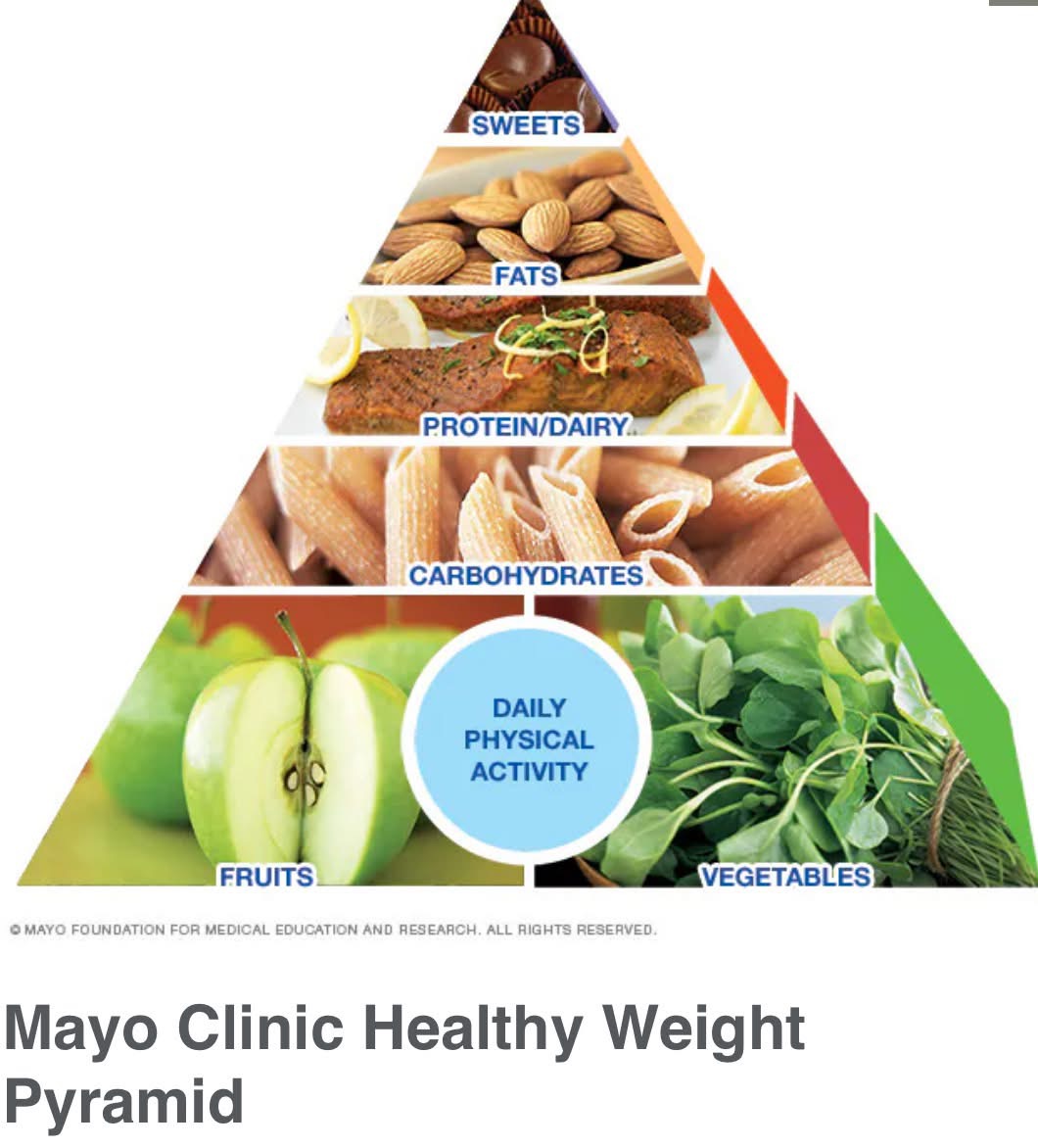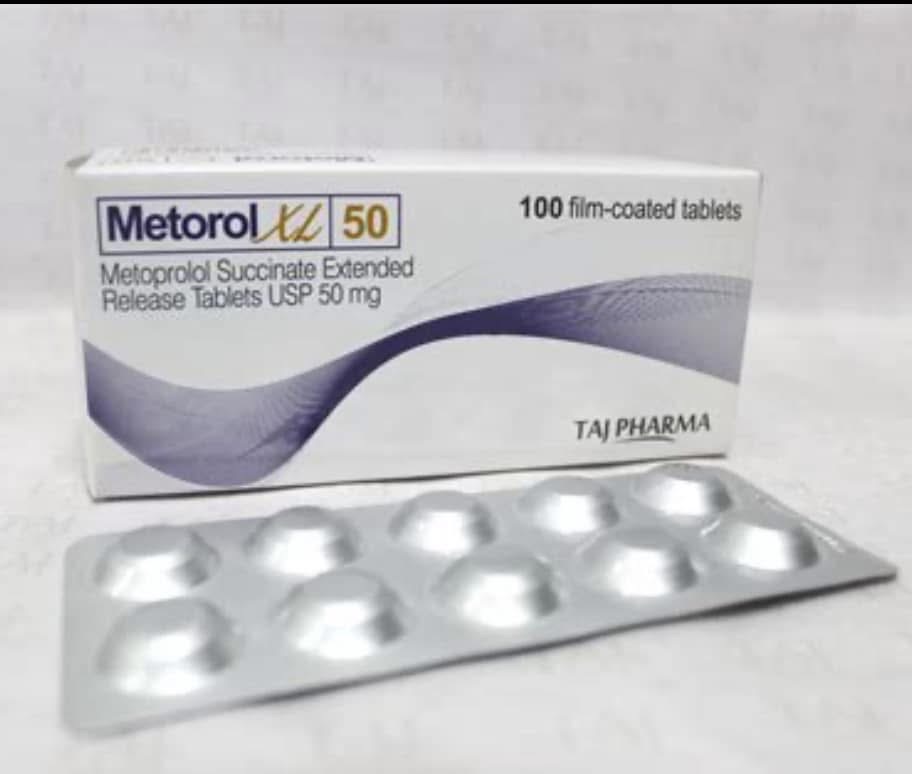Science Wednesday is a weekly deep dive into the latest research, advancements, and insights on aortic health. Each edition explores critical topics, from innovative treatments to emerging risk factors, providing expert analysis and evidence-based perspectives.
Well known risk factors for growing aortic aneurysms include high blood pressure, smoking, family history, age, and male gender. And what about obesity, which often leads to high blood pressure? Could weight loss reduce the risk of aneurysm growth? After all, a number of risk factors for aortic aneurysm improve after weight loss including lowering of blood pressure and chronic inflammation. One 2022 clinical study found that moderate, weight loss in overweight and obese non-smokers is associated with a significant decrease in the aortic dilation size and may prevent the development of aortic aneurysms but further research is needed. And…
Beta Blockers and Exercising with Aortic Disease This is an updated Science Wednesday replay from November 2023. (You can search Aortic Athletes’ site for “Science Wednesdays” on a variety of exercise and aorta topics). Beta blockers slow the heart rate, both at rest and while exercising. Also, beta blockers attenuate (reduce the force of) the heart rate at rest and during exercise. They are almost universally prescribed for aortic disease. And why? According to the Journal of the American Medical Association, studies show that beta blockers may decrease the rate of aortic dilation (growth) in people with aortic disease. And…
Exercise-Induced Hypertension Do runners and people lifting weights or doing isometric exercises experience a temporary rise in blood pressure? Yes. In fact, it’s normal for blood pressure to rise somewhat during exercise due to increased cardiovascular demand and oxygen uptake from working muscles. But what if blood pressure increases too much? Exercise-Induced Hypertension in Healthy People In healthy individuals exercise-induced hypertension is defined as elevated blood pressure above 190 systolic for females and 210 systolic for males during exercise. It is relatively common. Maximum static exercises such as bench pressing heavy weights can temporarily spike blood pressure over 320/250. Exercise…


